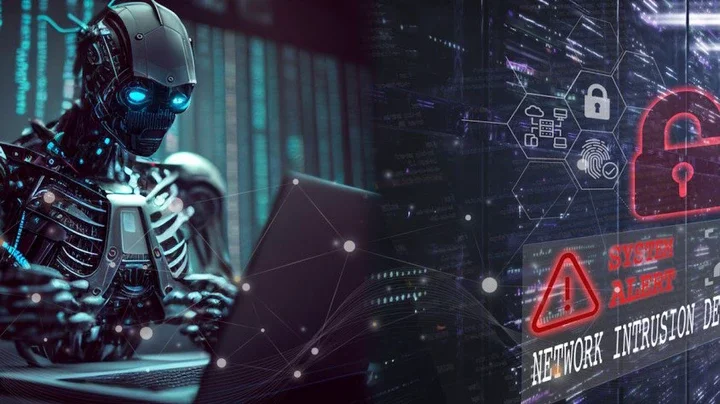Artificial intelligence (AI) is used in many industries to make things easier and faster. However, it cannot replace human intelligence and creativity. Many companies are using AI to benefit, especially in some jobs that require critical thinking such as perception, judgment and observation.
Below are the specialty roles that cannot be replaced by AI.

1. Medical personnel
Doctors, nurses and surgeons constantly interact with patients. They constantly communicate with their patients, talk to them, and make informed decisions about their progress. While AI can help with tasks, it cannot replicate the human communication of healthcare professionals.
2. Teacher
A teacher is also a profession that cannot be replaced by artificial intelligence. Artificial intelligence helps education, but should not ignore the importance of teachers. Teachers understand students’ personalities, whether they are slow or fast, and provide feedback to ensure understanding. Artificial intelligence does not have this ability because it is programmed. Teachers have the authority and responsibility to nurture students and instill values that are critical to academic success.
3. Creatives
The creative industries grow on the basis of ingenuity and human power. Artificial intelligence cannot replace musicians, actors, content producers, dancers, etc. in this area. The AI lacks the personal experience and improvisation skills necessary to demonstrate unique artistic abilities. Creativity requires natural expression that only humans can.
4. Politicians
Machines cannot run or govern countries. Human leaders must govern themselves, provide solutions and be accountable to their people. Robots cannot vote in elections, respond to people’s concerns, or speak to them in a language they understand. Politics is a profession that can never be replaced by artificial intelligence.
5. Scientist
Scientists conduct experiments, analyze the results and draw conclusions. Artificial intelligence can process data, but it cannot replace the innovative ideas and critical thinking that drive scientific experimentation. Human intelligence continues to advance scientific research in ways that machines cannot.

